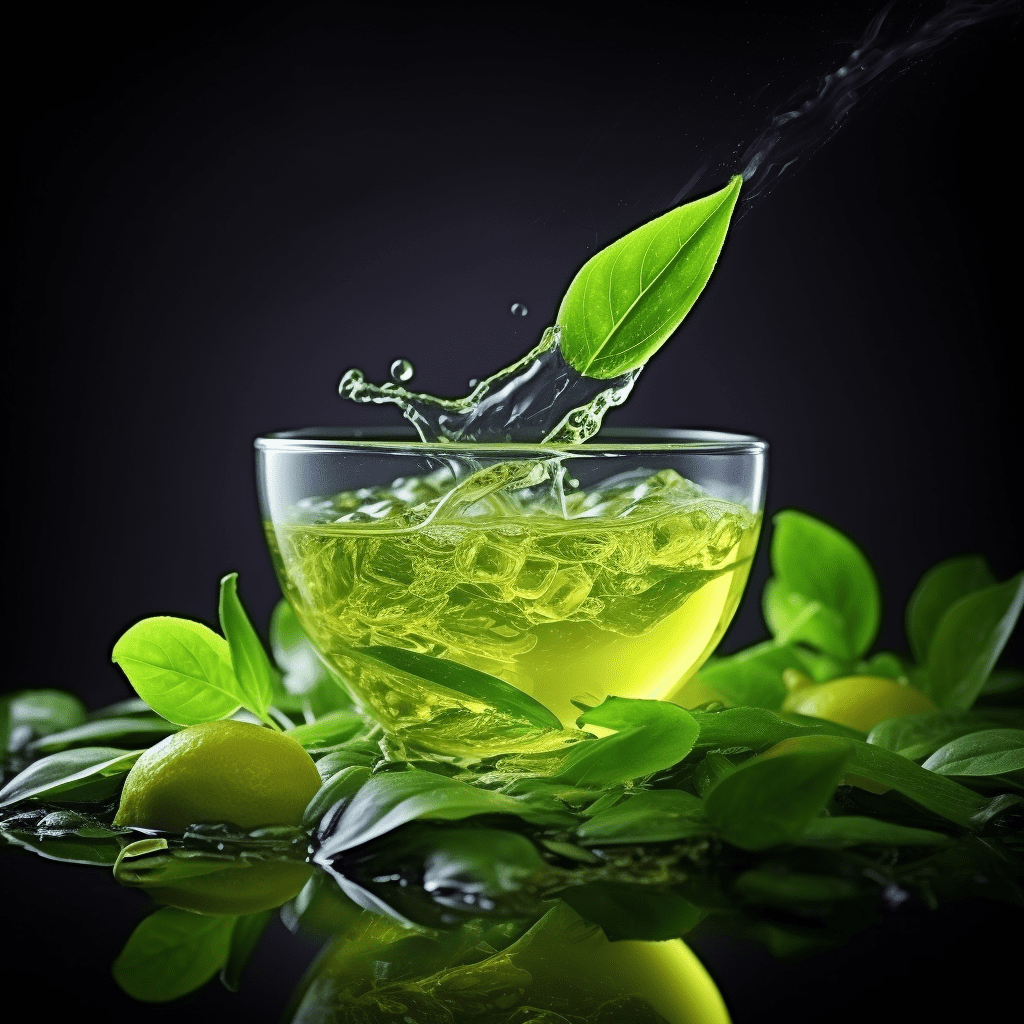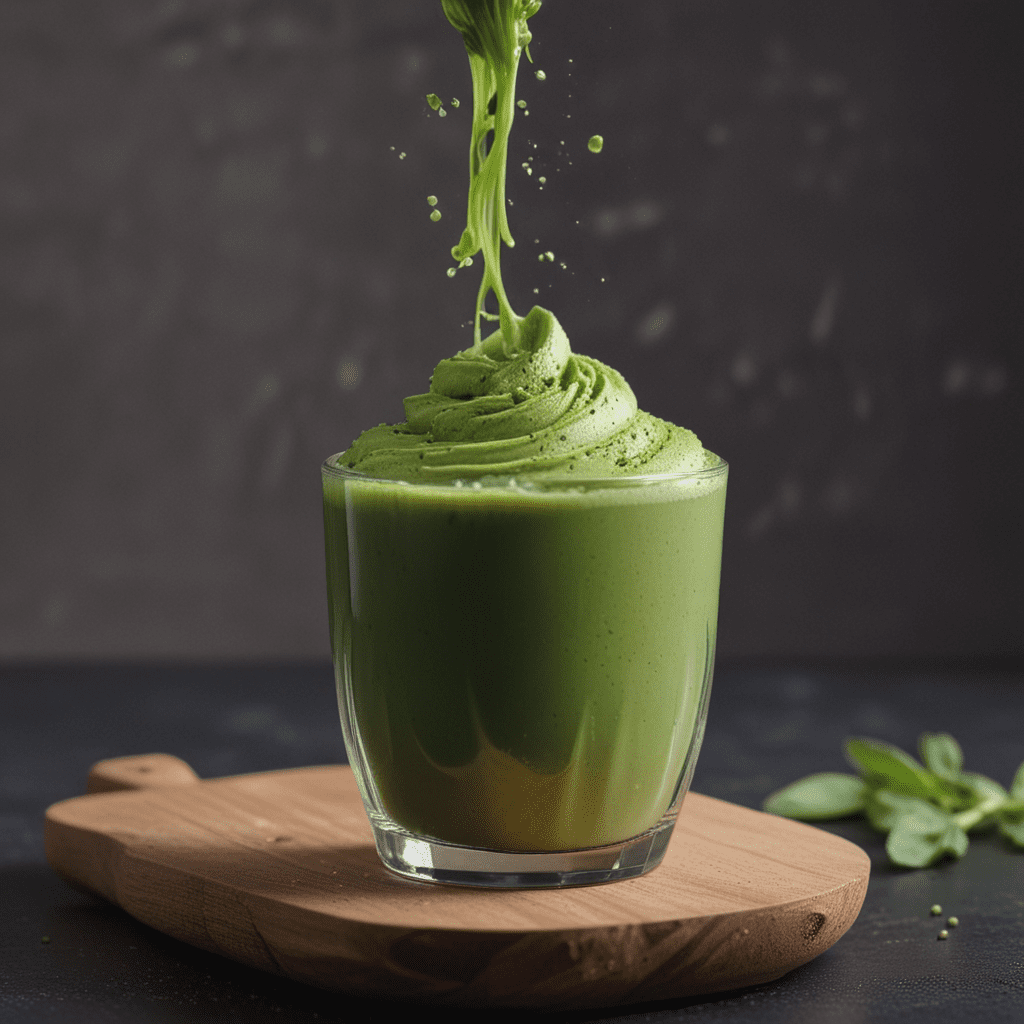
The Evolution of Tea Culture in Urban India
When we think of India and its rich culinary traditions, countless vibrant flavors and aromas come to mind. Yet, nestled amongst the symphony of spices and delectable dishes lies a beverage that holds a unique place in the hearts of millions – tea.
The story of tea in India is one deeply intertwined with its history, culture, and social fabric. From its humble beginnings as a colonial import to its transformation into a beloved national drink, tea has evolved significantly, particularly within the bustling urban landscape. Let's delve into this fascinating journey, exploring the factors that have shaped the contemporary tea culture in India's cities.
The Colonial Influence: A Legacy of Tea Plantations and Tradition
The arrival of the British in India marked a turning point in the country's relationship with tea. The establishment of vast tea plantations across the subcontinent not only introduced a new beverage but also laid the foundation for a thriving tea industry.
Under British rule, tea cultivation flourished, with meticulous attention paid to every stage of production, from planting to processing. This meticulousness resulted in the creation of distinct tea varieties, each boasting unique characteristics and flavors. Darjeeling, Assam, and Nilgiri teas soon gained global recognition, becoming synonymous with Indian tea excellence.
The British also introduced their own tea-drinking rituals to India. Afternoon tea became a fashionable social event, enjoyed by the elite in elegant drawing rooms. This tradition, while initially confined to a privileged few, gradually seeped into the broader society, influencing the way Indians perceive and consume tea.
6. The Health and Wellness Aspect: A Focus on Herbal Infusions and Lifestyle
Beyond its cultural significance, tea is increasingly recognized for its potential health benefits. This perception has led to a surge in the popularity of herbal teas and other healthy tea options in urban India.
Consumers are drawn to the diverse range of herbal infusions that offer a variety of benefits, from boosting immunity to aiding digestion. The rising awareness of the link between diet and well-being has further fueled this trend.
Furthermore, tea fits seamlessly into the growing health and wellness movement in urban India. Many tea varieties are seen as natural alternatives to sugary beverages and processed foods. The act of brewing and consuming tea itself is often viewed as a mindful practice, promoting relaxation and stress reduction.
7. The Economic Impact: A Catalyst for Growth and Employment
The tea industry plays a vital role in the Indian economy. It is a significant source of employment, directly and indirectly supporting millions of people across the country. From tea plantation workers to tea stall vendors, the industry provides livelihoods for a diverse range of individuals.
India is also a leading exporter of tea, with its tea reaching markets across the globe. This export revenue contributes to the country's economic growth. Additionally, tea tourism has emerged as a significant contributor to the urban economy. Tea gardens and estates attract visitors from around the world, generating revenue for local businesses and communities.
8. Cultural Significance: A Symbol of Tradition and Modernity
Tea holds deep cultural significance in India, transcending its role as a mere beverage. It has become an integral part of social interactions, family gatherings, and religious ceremonies. Sharing a cup of tea is often seen as a gesture of hospitality, fostering a sense of connection and community.
In urban India, tea has evolved to represent both tradition and modernity. While traditional chai stalls continue to thrive, contemporary tea cafes offer a more modern experience. This duality reflects the evolving cultural landscape of Indian cities, where the old and new coexist harmoniously.
9. The Future of Tea Culture: Innovation, Sustainability, and Inclusivity
The future of tea culture in urban India appears bright. With a growing demand for specialty teas, a focus on health and wellness, and the increasing popularity of tea cafes, the industry is poised for continued growth and innovation.
Sustainability is also becoming a key consideration, with tea producers adopting eco-friendly practices to minimize their environmental impact. Additionally, inclusivity is playing a significant role, with tea brands and cafes catering to diverse tastes and preferences.
10. FAQs: Addressing Common Questions about Tea Culture in Urban India
What is the most popular type of tea consumed in urban India?
Chai, a spiced black tea with milk and sugar, remains the most widely consumed tea in urban India.What are the emerging trends in tea consumption?
There is a growing interest in specialty teas, herbal infusions, and healthy tea options. Additionally, tea cafes are becoming increasingly popular social spaces.How is the tea industry contributing to the Indian economy?
The tea industry is a major source of employment and export revenue for India. It also contributes to the growth of tea tourism.
What is the cultural significance of tea in urban India?
Tea is deeply ingrained in Indian culture, symbolizing hospitality, social connection, and tradition.What does the future hold for tea culture in urban India?
The future appears promising, with an emphasis on innovation, sustainability, and inclusivity.

